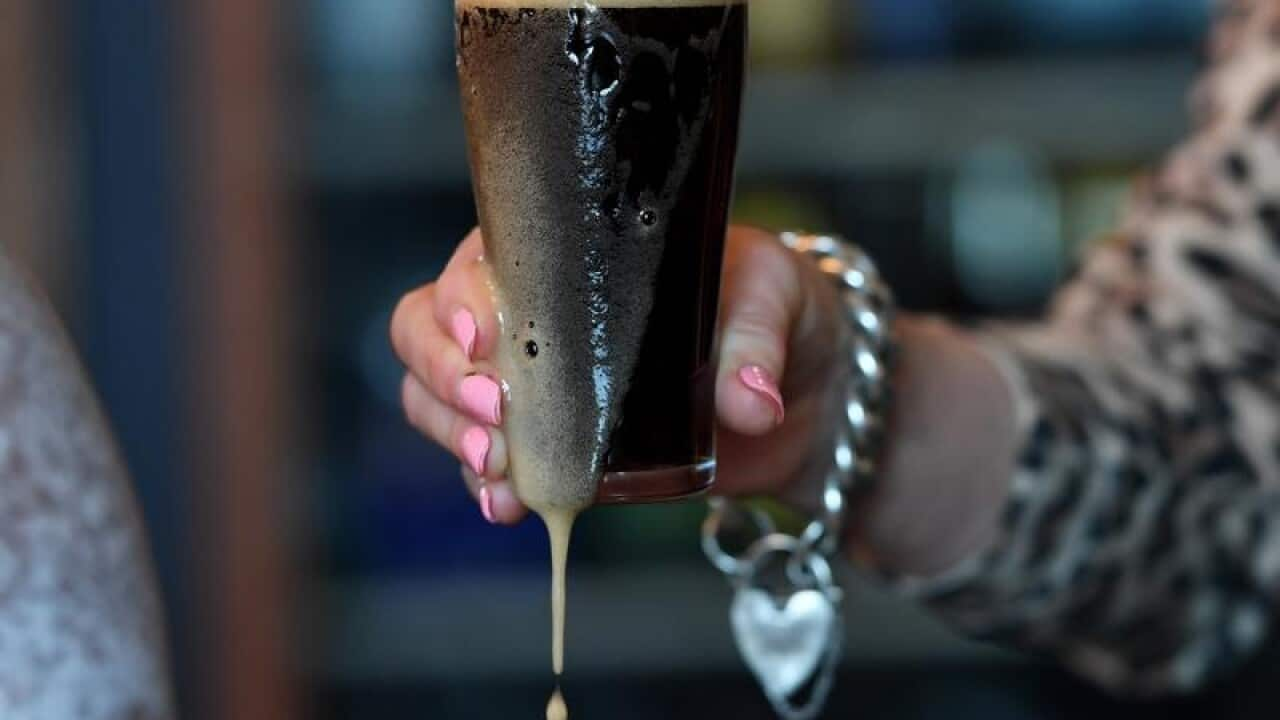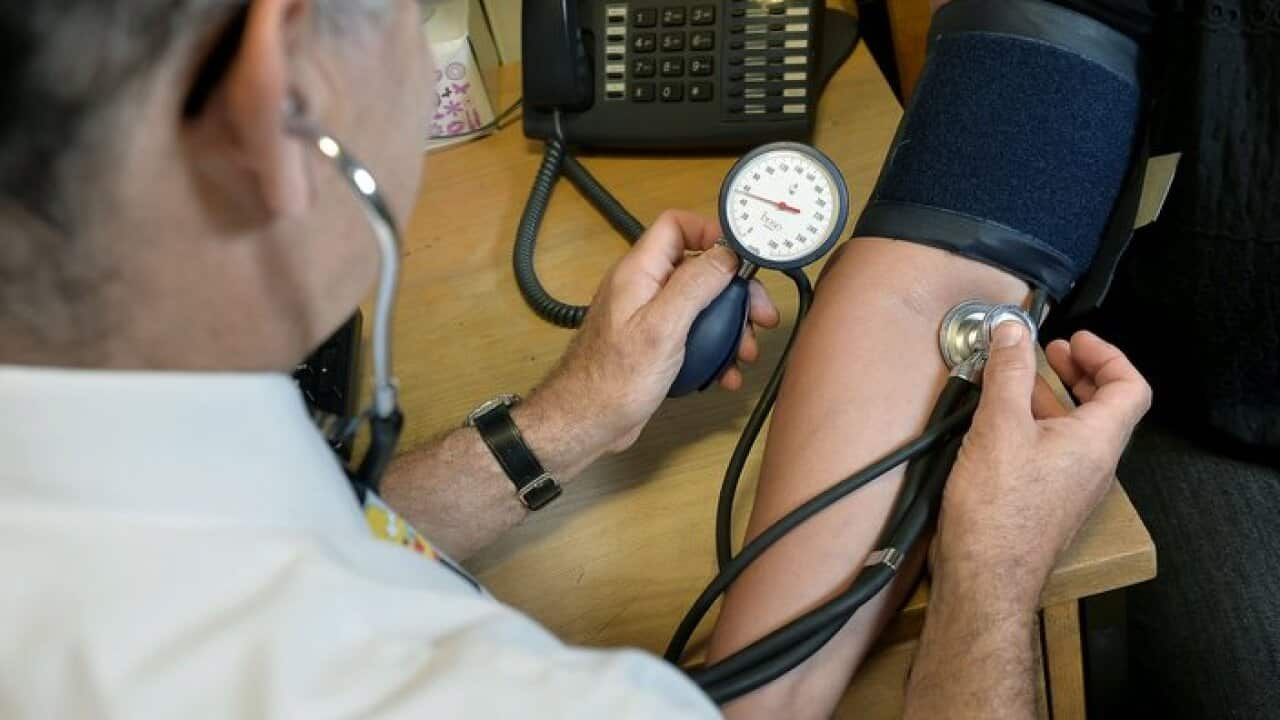When Chris Kavadas' aggressive form of blood cancer returned after a two-year battle, he was told he was out of options.
The Melbourne father-of-two had already undergone conventional chemotherapy for two years and even endured a stem cell transplant in an effort to beat mantle cell lymphoma.
"When my cancer reappeared in 2016, the outlook wasn't fantastic, as the conventional methods were only going to work for a short period of time and I'd probably relapse," the 52-year-old told AAP.
"It was pretty bleak."
But Chris is now cancer-free and credits a Melbourne-based clinical trial with saving his life.
The cure? Just eight tablets a day.
"I am cancer free and it is nothing short of a miracle, there's no other way to put it," he said.
The tablets - four of the Australian-pioneered Venetoclax and four standard immunotherapy drugs - have offered a lifeline to those involved in the two trials.
The first, led by the Peter MacCallum Cancer Centre, tested 389 chronic lymphocytic leukaemia patients worldwide and found the tablet treatment more than doubled the likelihood of patients living for two years without their cancer returning.
Recommended reading

Craft beer healthier than red wine: study
Eighty-five per cent of patients were cancer-free two years after beginning treatment, compared with 36 per cent on standard immuno-chemotherapy.
Eighty-three per cent of patients showed very few or no detectable leukaemia cells in their blood after two years, compared with 23 per cent on the standard treatment.
In the second study, trialled at Peter MacCallum and the Royal Melbourne Hospital, 71 per cent of patients went on to show no detectable cancer when treated with Venetoclax and immunotherapy drug ibrutinib.
Seventy-eight per cent of those patients remained cancer free for at least 15 months.
Peter MacCallum lead researcher Professor John Seymour said the drugs could replace chemotherapy for relapsed blood cancer patients.
"Unequivocally by all of our measures, the Venetoclax combination was profoundly superior to chemotherapy - and safer," Prof Seymour said on Thursday.
"The response and opinion of clinicians managing these (cancers) ... is that they see this combination as completely replacing chemotherapy."
About 1000 Australians a year are diagnosed with chronic lymphocytic leukaemia and it is mostly incurable when a patient relapses, Prof Seymour said.
Venetoclax, developed from a discovery by Melbourne's Walter and Eliza Hall Institute of Medical Research, inhibits a protein that makes cancer cells in blood cancer patients resistant to other therapies.
Clinicians hope it will be approved for the Pharmaceutical Benefits Scheme.
Mr Kavadas said the tablets would be a "game changer" for cancer sufferers.
He said taking eight tablets was like taking medicine for a cold, while the side-effects for chemotherapy left him bedridden.
"What these guys have done is a godsend, it's a game changer."









